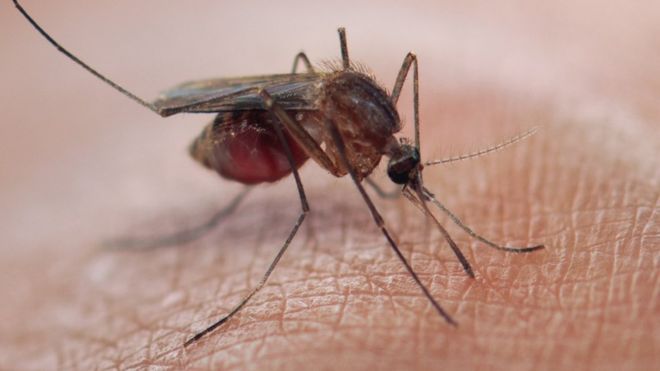Resistant malaria spreading in South East Asia
4 || risingbd.com

International Desk: Malaria parasites resistant to key drugs have spread rapidly in South East Asia, researchers from the UK and Thailand say.
The parasites have moved from Cambodia to Laos, Thailand and Vietnam, where half of patients are not being cured by first-choice drugs.
Researchers say the findings raise the "terrifying prospect" drug-resistance could spread to Africa.
However, experts said the implications may not be as severe as first thought.
Malaria is commonly treated with a combination of two drugs - artemisinin and piperaquine.
The drug combo was introduced in Cambodia in 2008. But by 2013, the first cases of the parasite mutating and developing resistance to both drugs were detected, in western parts of the country.
The latest study, published in the Lancet Infectious Diseases, analysed blood samples from patients across South East Asia.
Inspecting the parasite's DNA showed resistance had spread across Cambodia and was also in Laos, Thailand and Vietnam.
It had also picked up further mutations, making it even more problematic. In some regions, 80 per cent of malaria parasites were drug resistant. "This strain has spread and has become worse," Dr Roberto Amato, from the Wellcome Sanger Institute, said.
A second study, published in the same journal, showed half of patients were not being cured with standard therapy.
However, there are alternative drugs that can be used instead. "With the spread and intensification of resistance, our findings highlight the urgent need to adopt alternative first-line treatments", Prof Tran Tinh Hien, from the Oxford University Clinical Research Unit, in Vietnam, said.
That could include using different drugs alongside artemisinin or using a combination of three drugs to overcome resistance.
Huge progress has been made towards eliminating malaria. However, the development of drug resistance threatens that progress.
The other issue is if the resistance spreads further and reaches Africa, where more than nine in 10 cases of the disease are.
"This highly successful resistant parasite strain is capable of invading new territories and acquiring new genetic properties, raising the terrifying prospect that it could spread to Africa, where most malaria cases occur, as resistance to chloroquine did in the 1980s, contributing to millions of deaths," Prof Olivo Miotto, from the Wellcome Sanger Institute and University of Oxford, said.
Source: BBC
risingbd/July 26, 2019/Mukul
risingbd.com



















